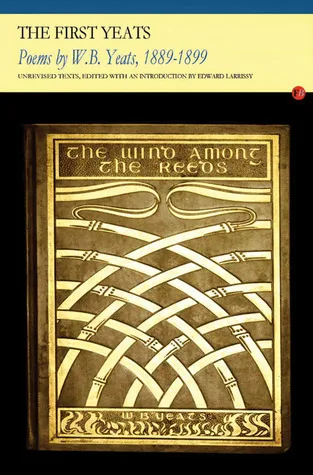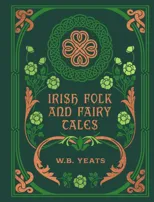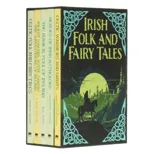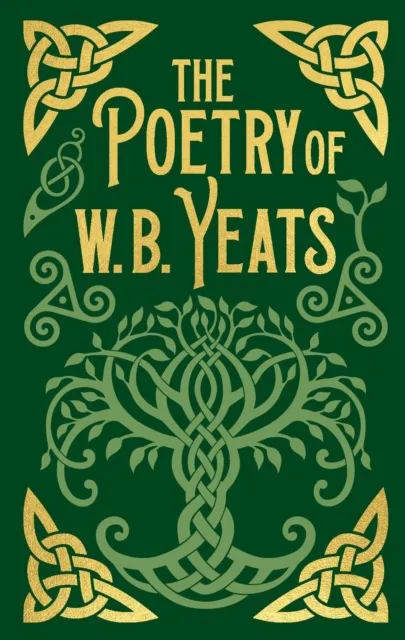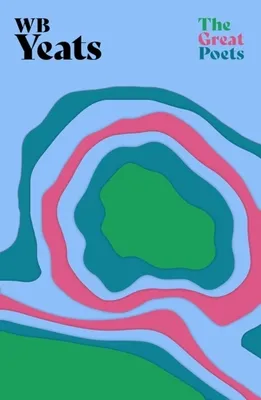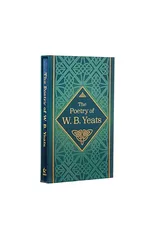First Yeats
Poems by W.B. Yeats, 1889-1899
(Author) W.B. YeatsW.B. Yeats (1865-1939) began writing poetry as a devotee of Blake, Shelley, the pre-Raphaelites, and of nineteenth-century Irish poets including James Clarence Mangan and Samuel Ferguson. By the end of his life, he had, as T.S. Eliot said, created a poetic language for the twentieth century. The First Yeats deepens our understanding of the making of that poetic imagination, reprinting the original texts of Yeats's three early collections, The Wanderings of Oisin and Other Poems (1899), The Countess of Kathleen and Various Legends and Lyrics (1892), and The Wind Among the Reeds (1899). The poems were subsequently heavily revised or discarded. Among them are some of the best-loved poems in English - 'The LakeIsle of Innisfree', 'He Wishes for the Cloths of Heaven' - fresh and unfamiliar here in their original contexts, together with Yeats's lengthy notes which were drastically cut in the collected editions. This illuminating edition by Edward Larrissy, editor of W.B. Yeats, The Major Works (Oxford University Press, 2000), includes an introduction that clarifies the literary, historical and intellectual context of the poems, detailed notes, and a bibliography. It offers essential material for reading -and revaluing - one of the great modern poets.
W.B. Yeats
W.B. Yeats was an Irish poet, playwright, and one of the most prominent figures of 20th-century literature. Known for his lyrical and mystical poetry, Yeats's works often explored themes of mythology, symbolism, and the occult. Some of his most notable works include "The Tower," "The Wild Swans at Coole," and "The Second Coming."
Yeats played a significant role in the Irish Literary Revival and was a key figure in the development of modernist poetry. His poetic style combined traditional Irish folklore with modernist techniques, creating a unique and influential body of work that continues to inspire generations of poets and writers.
One of Yeats's most famous works is "The Lake Isle of Innisfree," a poem that reflects his deep connection to the Irish landscape and his longing for a simpler way of life. Yeats's contributions to literature, his innovative style, and his enduring influence make him a towering figure in the world of poetry and literature.
